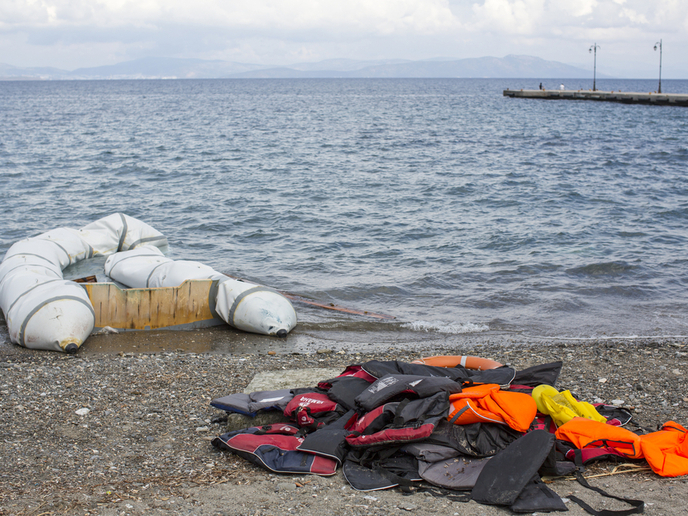Investigating shifts in human rights after the Arab Spring
A Horizon 2020-funded project, HURIME, has been investigating patterns in human rights discourse and practice in the wake of the Arab Spring uprisings in 2011. The research aimed to improve our knowledge of the complex relationships between political actors, citizens, public institutions and human rights across the Middle East and North Africa (MENA) region. The project looked at three main case studies: Egypt, Tunisia and Morocco. Severe human rights violations not only were one of the main catalysts of the uprisings in Egypt and Tunisia but also played a key role during the transitional period of these countries. This research was undertaken with the support of the Marie Skłodowska-Curie programme.
Regional context
Historical, cultural and political frameworks were first established for each of the countries to set the research in a broader context. Once the background was set, the HURIME team carried out in-depth analysis of each country and revolution, based on accounts from multiple sources: legal texts, organisational reports, party programmes, books, periodicals, speeches and media coverage, for example. By combining qualitative and empirical data, the HURIME team could reveal the patterns to find out what happened in these countries preceding and following the uprisings. “Empirical evidence came from insights obtained from field research trips in the selected countries and from semi-structured interviews with political and human rights actors from various political backgrounds and parties,” says Melek Saral(opens in new window) from SOAS University of London and lead researcher of the HURIME project. The HURIME team carried out qualitative case studies in the region, although due to the sensitivity of the subject, some of the information had to be gathered at a distance. “We faced problems with the field research in Egypt due to the security concerns and sensitivity of the research topic. The interviews were conducted with the political actors living abroad including in Turkey, the United Kingdom, the USA and Canada,” Saral says.
Institutional stability
Following the 2011 uprisings in Tunisia and Egypt and the fall of the ruling authoritarian regimes, hopes were raised about improvements in human rights. “However, in both countries the counter-revolutionary forces, including the military, security forces and political actors from the former regime, were active immediately after the uprisings, and have worked against the demands of the revolution,” adds Saral. The project revealed that political actors generally addressed human rights more frequently and intensively following the uprisings, though this didn’t always reflect a concrete shift in the subsequent treatment of human rights. For countries to have any significant shifts in human rights practices, there is a need to establish institutional frameworks to help facilitate a persistent and tangible improvement. “A vibrant civil society and establishment of the relevant institutional framework are vital for the promotion of human rights in the region,” says Saral.
Getting the message out
HURIME has enriched the literature on human rights with new knowledge in an area that largely lacks in-depth analyses of human rights developments in transitional countries in the MENA region. The research results also reached a wider audience beyond academia. Saral adds that the project will continue to make ongoing contributions to the developments of human rights in the MENA region through academic and non-academic dissemination activities. Saral published a study on the project in the 'Muslim World Journal of Human Rights'(opens in new window). The HURIME team hopes this will broaden and intensify awareness about the value of human rights in these countries, as they continue to undergo historically significant transitions.







